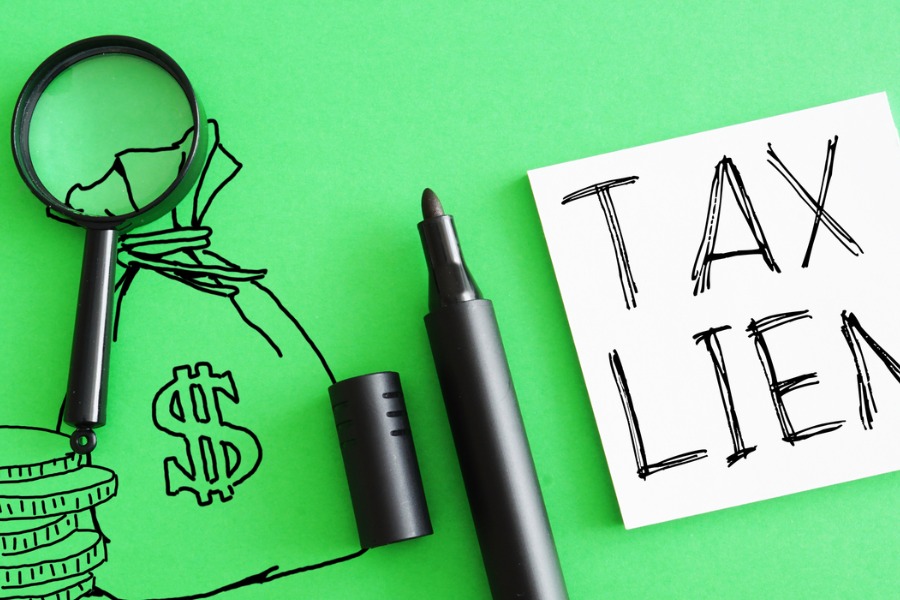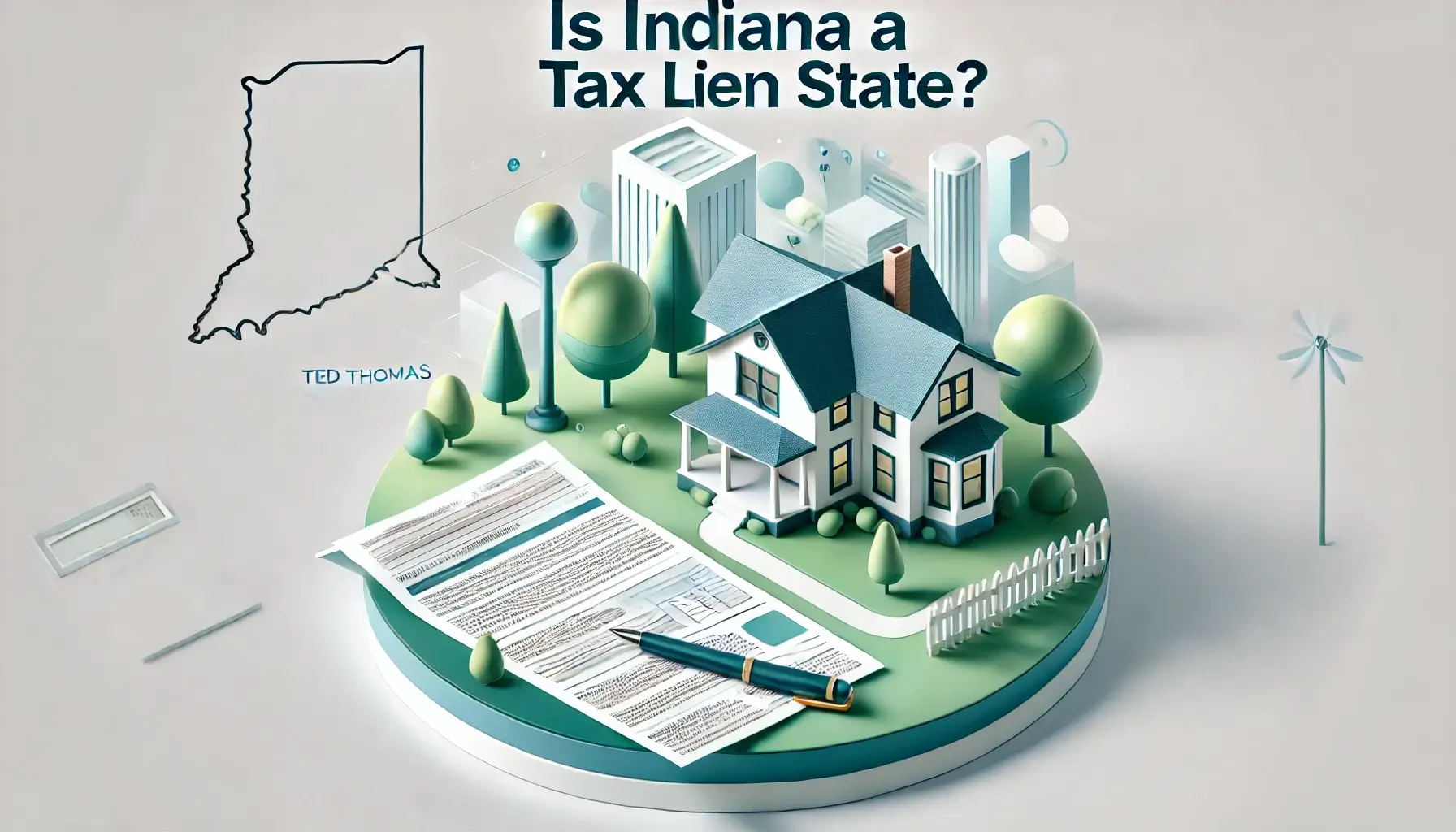All Categories
Featured
Table of Contents
Oftentimes, you will certainly need to outbid other investors by supplying to pay a higher costs (is tax lien investing a good idea). This costs is normally much less than the actual quantity of tax obligations owed, yet it depends on the financier to choose if the danger is worth the collection reward. In many locations, residential or commercial property tax obligations are around one percent of the residential property's value

Tax lien financiers make their cash on the rate of interest repayments they collect when the homeowner pays back the taxes they owe. In some places, these rates of interest are as high as 18 percent, which is greater than the ordinary bank card rates of interest. Residential or commercial property proprietors can pay what they owe simultaneously, or they can go on a layaway plan varying from one to 3 years.
Tax Lien Investing Florida
In the above example, someone with an exceptional tax obligation financial obligation of $4k (2 years of back taxes) would certainly be giving a tax obligation lien owner with potentially up to $720 in interest repayments, working with the 18 percent rates of interest we discussed previously. One of the best benefits to tax lien financiers is the prospective to obtain a brand-new residential or commercial property for their genuine estate portfolio, without needing to pay its market price.

This is an approach that many investor make use of to acquire undervalued residential properties or troubled buildings. And if the building proprietor does pay their debts, they will still earn a profit in the form of passion. It's a great deal for the tax lien capitalist. There are some disadvantages to tax lien investing.
As soon as the lien is paid, the investor has to carry on and try to find a brand-new investment. Certainly, if the homeowner is still in default, the lien owner will certainly get the home, which could become a reoccuring resource of revenue. Somebody that acquires a tax obligation lien might find themselves entangled with other liens on the home, particularly if they end up claiming the residential property in the occasion that the debt goes overdue.
This can bring about great deals of legal fights, which is why it's important to deal with legal representatives and tax obligation advisors who comprehend points like deed vs title. and can assist with carrying out due diligence on a residential or commercial property. The regulations around tax obligation lien investing (and associated issueslike foreclosing on lessees) are not consistent throughout states that use financiers the capacity to join a tax lien sale.
Provided that tax liens are frequently sold at auction, contending prospective buyers will certainly bid up the costs and bid down the rate of interest that can be collected on the unsettled tax obligations. The winner of the public auction will be the actual estate capitalist that is paying the highest premium and obtaining the lowest rates of interest in return.
Tax Lien Investing Risks
In this vein, tax lien investing is a little a lot more sport-like than conventional passive ways of making revenue. The very first point you'll wish to do is obtain accustomed to the location you're considering in terms of the realty market. Keep in mind that one benefit of ending up being a lienholder is accumulating the residential or commercial property if the financial debt goes overdue, so you will certainly need to know where that property is.
As soon as you have actually figured out these details out, you require to call your regional area treasurer's workplace to learn when and where the next tax lien auction is being held. These public auctions are usually kept in person, yet in today's day and age, most of have transitioned to on-line venues.

Most regional documents release these checklists each year or semiannually. Keep in mind that residential or commercial property tax obligations are typically one percent of the property value, yet unpaid tax obligations gathering over a number of years could be an extra sizable amount.
Best Books On Tax Lien Investing
it has actually the included perk of obtaining the property if the financial debt stays unsettled. While it can be a financially rewarding opportunity for the investor, it does require some calculated maneuvering. Tenants and homeowner do have legal defenses that make tax lien investing a much more engaged process than just bidding to acquire a debt and waiting to collect the payment.
Purchasing tax liens involves purchasing a legal insurance claim on a property because of unpaid real estate tax. This method of investing has actually gotten popularity as a result of its potential for high returns with relatively reduced preliminary resources. Tax liens are generally cost public auctions, and the process can differ depending on the place.

Investors look for tax obligation liens for numerous factors: 1. Low First Investment: Tax lien investing commonly requires a tiny quantity of money to start, making it easily accessible to a wide array of financiers. Some tax obligation liens can be purchased for as little as a few hundred bucks. 2. High Returns: The rate of interest on tax liens can be substantially more than traditional investment returns.
Best Book On Tax Lien Investing
Property Acquisition: If the building proprietor fails to pay the past due tax obligations and interest within the redemption duration, the financier may have the right to seize and get the residential property. When financiers acquire a tax lien, they pay the past due tax obligations on a building and get a tax lien certification.
There are 2 possible outcomes: 1. Repayment by the Home Proprietor: The homeowner repays the overdue tax obligations plus interest within a given duration, and the investor obtains the repayment with interest. This is one of the most common result. 2. Foreclosure: If the residential property owner does not pay back the tax obligations within the redemption period, the financier can initiate foreclosure process to obtain the building.
The self-directed individual retirement account purchases the lien certification and pays linked costs. Suppose the homeowner pays off the lien, and the profits return to the IRA. If the home is seized and marketed, the sale earnings additionally go back to the individual retirement account, potentially growing the retirement financial savings. Tax Lien: The federal government offers a lien on the property as a result of unsettled tax obligations.
How To Invest In Tax Liens Online
Tax Act: The federal government sells the real act to the residential or commercial property at public auction. According to the National Tax Lien Association (NTLA), 36 states and 2,500 territories within the United States allow for the sale of tax liens, while only 31 states enable tax action sales.
Latest Posts
What Is Property Tax Sale Auction
Tax Defaulted Property Auction
Delinquent Tax Lien